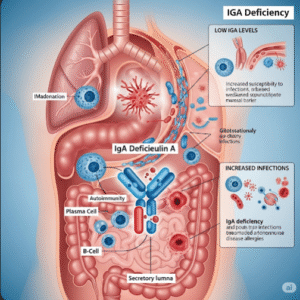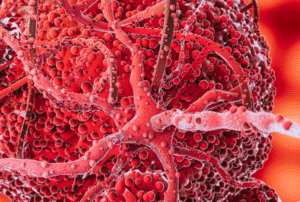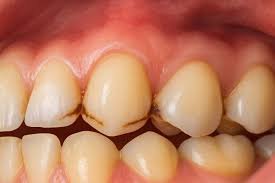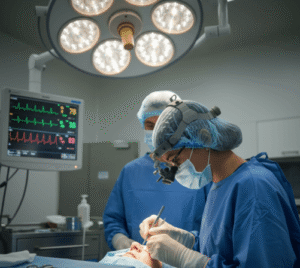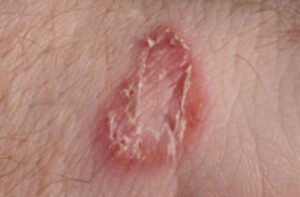Overview
Atypical pneumonia, also known as “walking pneumonia,” is a milder form of lung infection caused by atypical bacteria or viruses rather than the typical Streptococcus pneumoniae. Unlike classic pneumonia, the symptoms are less severe and often resemble those of a cold or flu. South Korea provides excellent diagnostic and treatment options for atypical pneumonia through its advanced infectious disease management and pulmonology services.
What is Atypical Pneumonia?
Atypical pneumonia refers to pneumonia caused by organisms other than the common bacterial agents. These include:
- Mycoplasma pneumoniae
- Chlamydophila pneumoniae
- Legionella pneumophila
- Certain viruses like influenza, respiratory syncytial virus (RSV), or adenoviruses
It is called “atypical” because the symptoms, response to antibiotics, and appearance on chest X-rays differ from those of typical bacterial pneumonia.
Symptoms
Symptoms may develop gradually and include:
- Dry cough (non-productive)
- Low-grade fever
- Fatigue or malaise
- Sore throat
- Headache
- Shortness of breath
- Chest discomfort
- Muscle aches
In elderly patients, confusion or general weakness may be more prominent than respiratory symptoms.
Causes
Atypical pneumonia is caused by:
- Bacteria: Especially Mycoplasma pneumoniae, Chlamydophila pneumoniae, Legionella pneumophila
- Viruses: Influenza virus, RSV, adenovirus, SARS-CoV-2
- Fungi (rare in healthy individuals): Histoplasma, Pneumocystis jirovecii in immunocompromised patients
Risk Factors
- Close contact in crowded settings (schools, dormitories, military barracks)
- Weakened immune system
- Smoking or existing lung disease
- Age (elderly and young children more vulnerable)
- Exposure to air conditioning systems or contaminated water (Legionella)
Complications
- Respiratory failure (rare in healthy individuals)
- Bronchitis or worsening asthma/COPD
- Pleurisy or pleural effusion
- Hemolytic anemia (especially with Mycoplasma)
- Encephalitis or myocarditis (rare but serious)
Prevention
- Regular hand washing and personal hygiene
- Avoiding close contact with infected individuals
- Seasonal influenza vaccination
- Pneumococcal and COVID-19 vaccinations for high-risk groups
- Wearing masks in crowded or indoor public areas, especially during outbreaks
Treatment Options in Korea
South Korea’s medical system offers efficient outpatient and inpatient management of atypical pneumonia through national and private hospitals. Facilities like Seoul National University Hospital, Asan Medical Center, and Korea University Anam Hospital provide advanced diagnostic tools and evidence-based treatment.
1. Diagnostic Evaluation
- Chest X-ray: Often shows diffuse, patchy infiltrates different from typical pneumonia
- Blood tests: To assess white blood cell count, inflammatory markers (CRP, ESR)
- PCR tests and cultures: To identify specific pathogens
- COVID-19 testing: To rule out or confirm viral pneumonia causes
- Sputum analysis: If productive cough is present
2. Medical Treatment
- Antibiotics: Macrolides (e.g., azithromycin), fluoroquinolones (e.g., levofloxacin), or doxycycline
- Antivirals: If caused by influenza or COVID-19
- Supportive care:
- Fever reducers (acetaminophen)
- Cough suppressants (when necessary)
- Oxygen therapy (for severe cases)
3. Hospitalization (if needed)
- For elderly, immunocompromised, or those with underlying conditions
- Intravenous fluids and antibiotics
- Respiratory support (in moderate to severe cases)
4. Rehabilitation and Follow-up
- Pulmonary rehabilitation in persistent cases
- Follow-up imaging to confirm resolution
- Monitoring for long-term lung complications
5. Public Health Measures
- Government support through Korea Centers for Disease Control and Prevention (KCDC) for outbreak response and vaccination
- Digital health records help track recurrent infections or antibiotic resistance patterns


